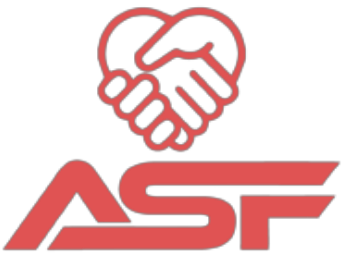“Yes, I do. If we can afford it, we can afford it for others who can’t afford it too.” Avikar Singh
There are pros and cons to both disposable and reusable pads, and the best choice will depend on an individual’s personal preferences and circumstances. Here are a few reasons why disposable pads may be considered better than reusable pads:
- Convenience: Disposable pads are more convenient than reusable pads as they can be easily discarded after use. This means that there is no need to worry about carrying a dirty pad around or finding a place to store it until it can be washed.
- Hygiene: Disposable pads may be more hygienic than reusable pads, as they are designed to be thrown away after a single use. This can help to reduce the risk of infections or irritation caused by the accumulation of bacteria on the pad.
- Comfort: Disposable pads are often made with more advanced materials and design features that can make them more comfortable to wear. This can be especially important for those who experience heavy periods or have sensitive skin.
- Environmental impact: While disposable pads do create more waste, advances in technology have made them more environmentally friendly. Many disposable pads are now made with biodegradable materials and are designed to decompose in landfills.
It’s important to note that there are also valid reasons for using reusable pads. Ultimately, the decision to use disposable or reusable pads was dependent on my personal preferences and circumstances and I chose disposable to best suit my vision for the organisation. WHY AVIKAR??? WHY? Karen asked… Let me explain.
In March 2019, I received a call from a social worker at a nearby school. It was related to the girl in question whom we will call “Rachel” for the purposes of this story. The school received a huge donation of reusable period panties which was a cause for great celebration. (NOT donated by the AS Foundation) However, Rachel had started her period a few months ago and was using these reusable period panties to manage her menstrual flow.
One day, Rachel’s panties became soiled and she was unable to wash them properly. She didn’t have access to a clean and private place to wash them, and she was afraid that someone would see her washing them in the river.
Rachel was forced to wear the dirty panties for several days until she could find a way to wash them. As a result, she developed an infection that caused her to experience severe discomfort and pain. Her body odour was described by friends as “a walking fish”.
She felt embarrassed and ashamed, and she was afraid to talk to anyone about her problem. Eventually, Rachel mustered the courage to speak to a school counsellor about her situation. The counsellor was able to provide her with information on menstrual hygiene and connect her and many children with us as the primary resource to help her access clean and hygienic menstrual products.
I was doing extensive research at the time and worked closely with these counsellors, educators, community leaders etc to understand the demographic I would soon be helping. I vowed then to never let something like this happen to any of our recipients.
You see, organisations can be quick to throw money at reusable period panties. HOWEVER, have we ever stopped to think that sometimes… Just sometimes, there are some kids poorer than other kids in a rural school. Every household’s needs want and resources differ from the next. Thus I am grateful through your contributions that we have been blessed to offer disposable sanitary pads that can be discarded. “I rather spend 1 Million Dollars on an expensive, 90% Biodegradable sanitary pad in quantity, than risk a 10% chance of infection in a helpless child.”
By Avikar Singh | Founder



